WE ARE
Entirely organized by volunteers, the JWC is hosted by a different Japanese establishment each year, with past venues in Hokkaido, Kobe, Kyoto, Tokushima, Iwate, and Okinawa. In 2024, the JWC was held in Futaba, Fukushima.
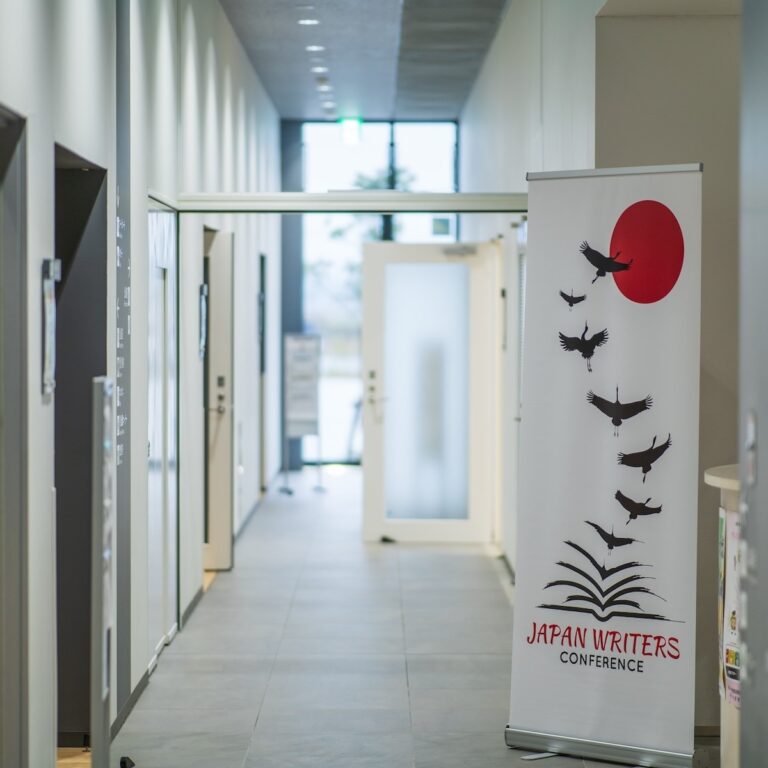

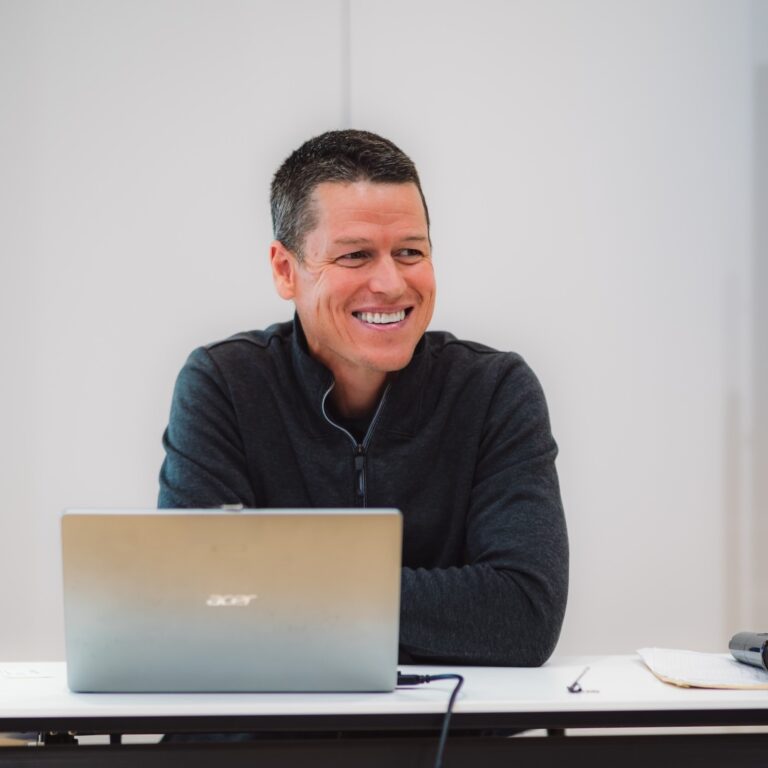

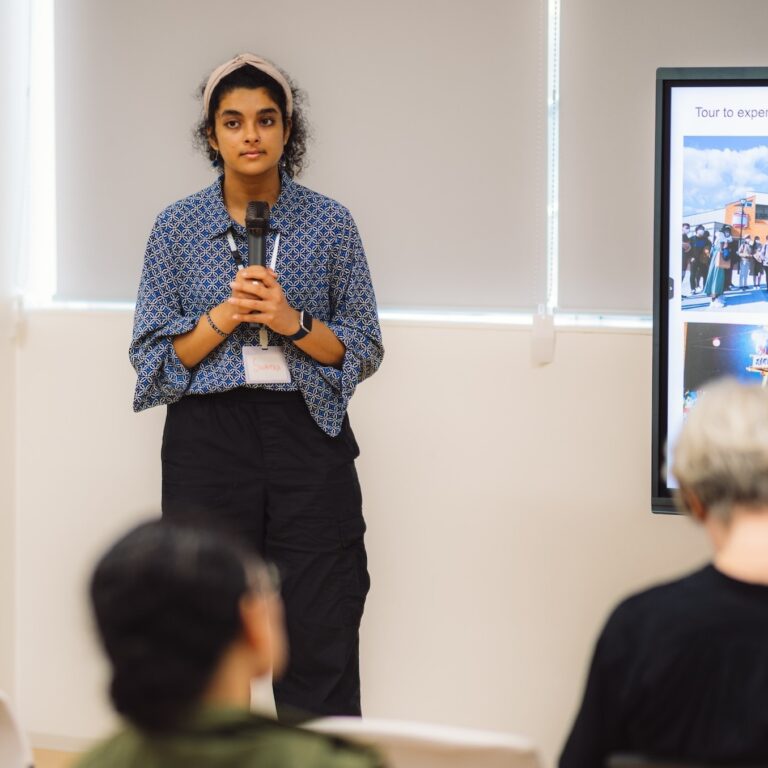



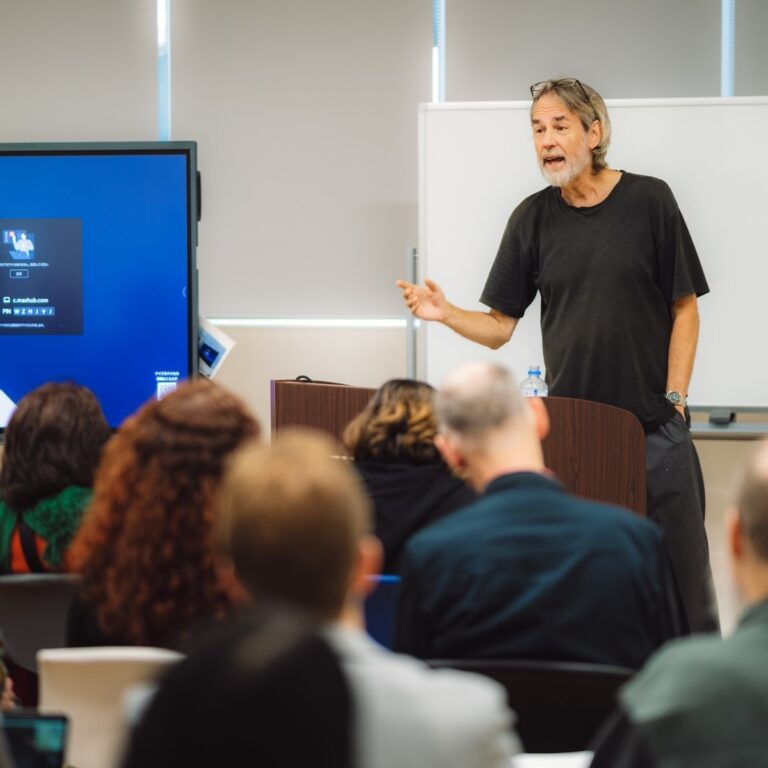
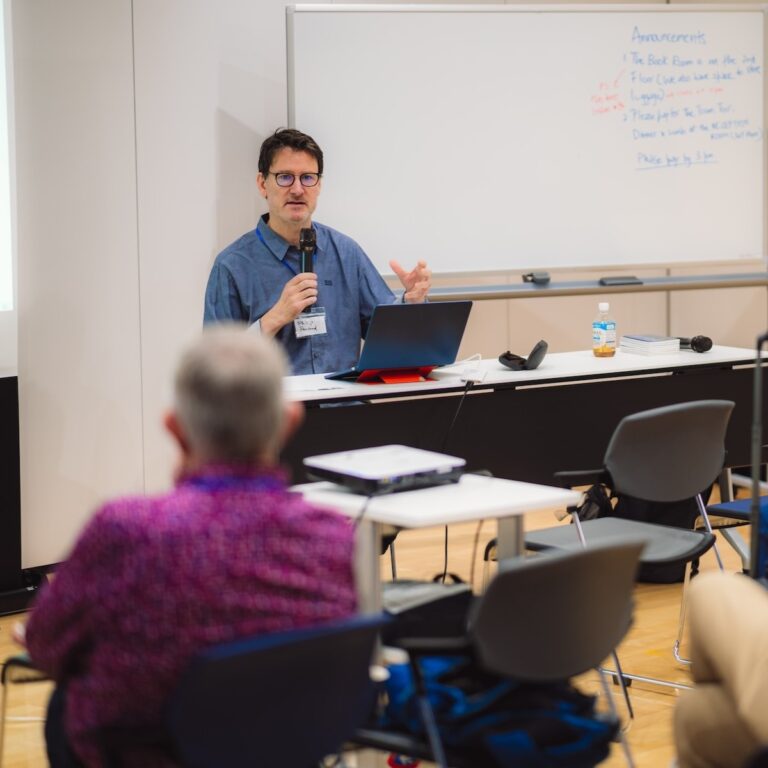



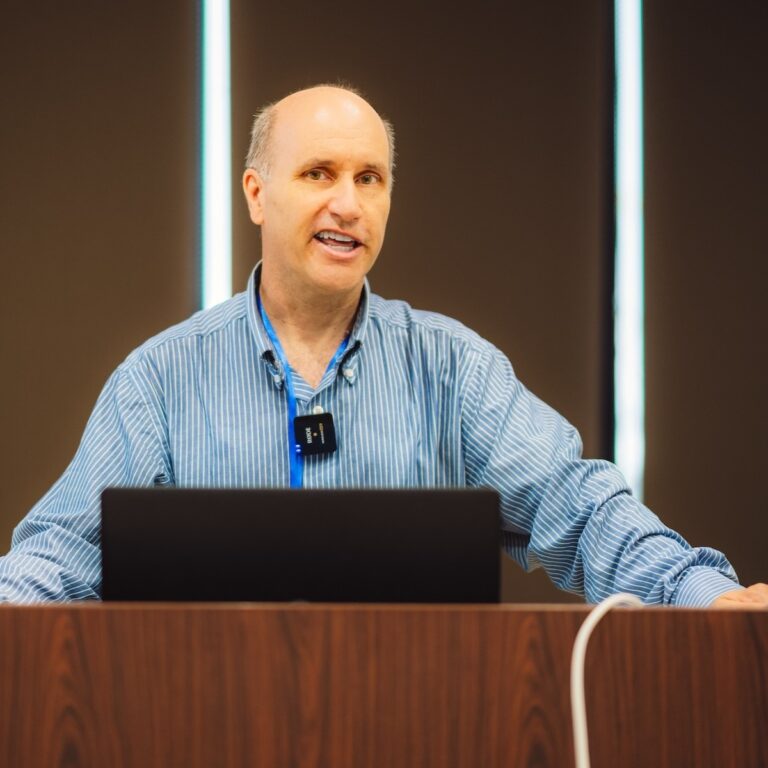


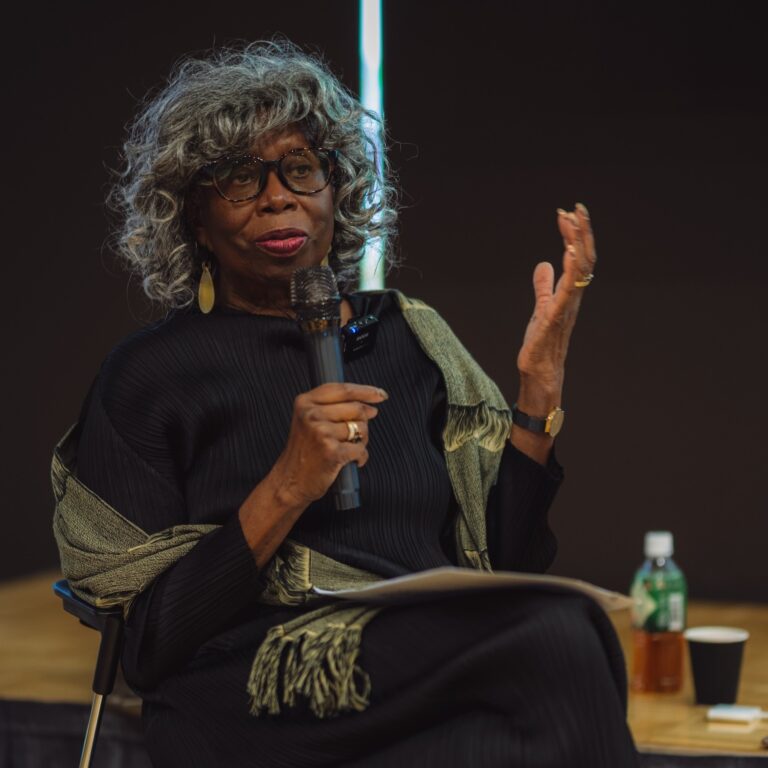

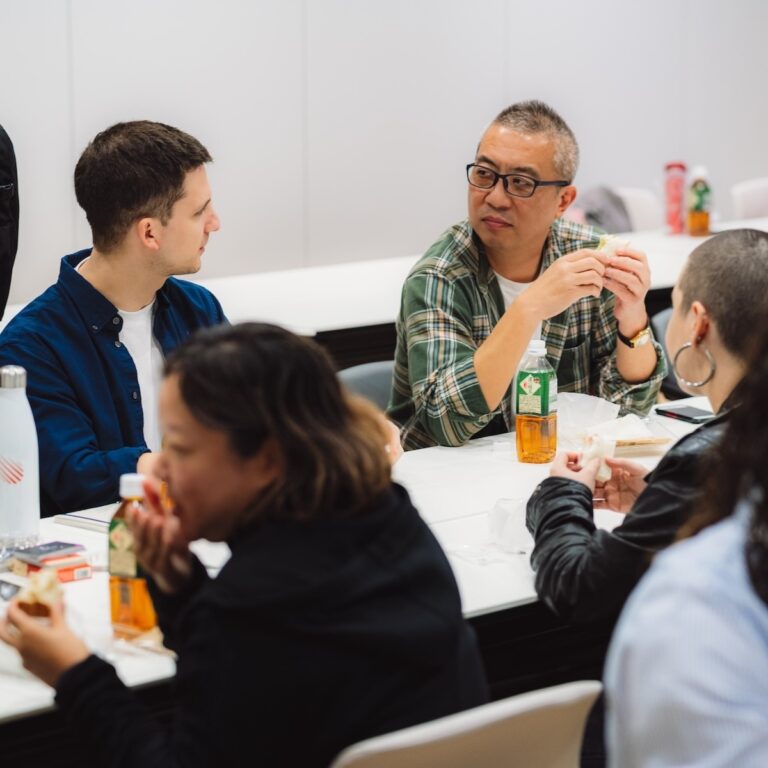




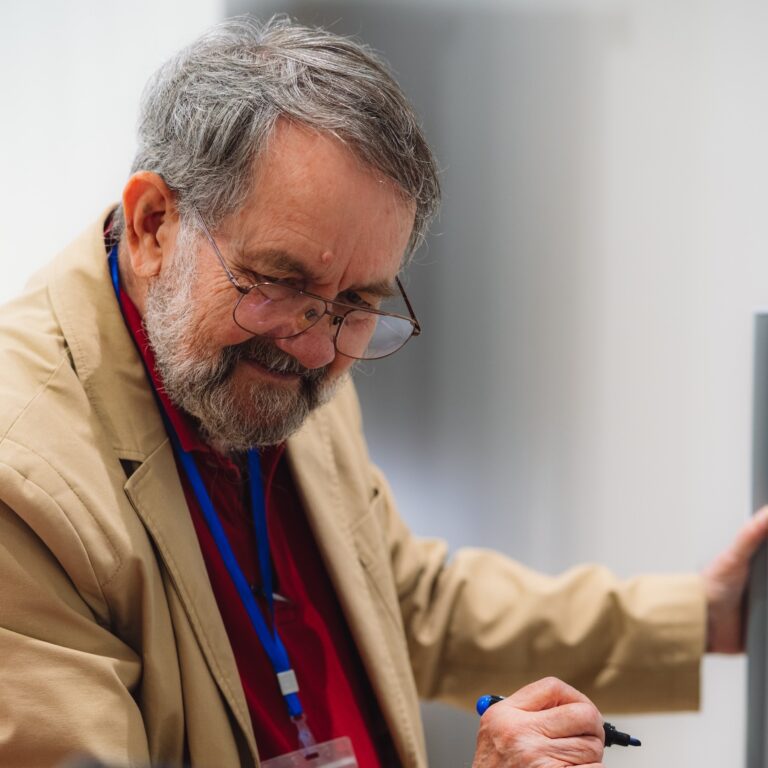

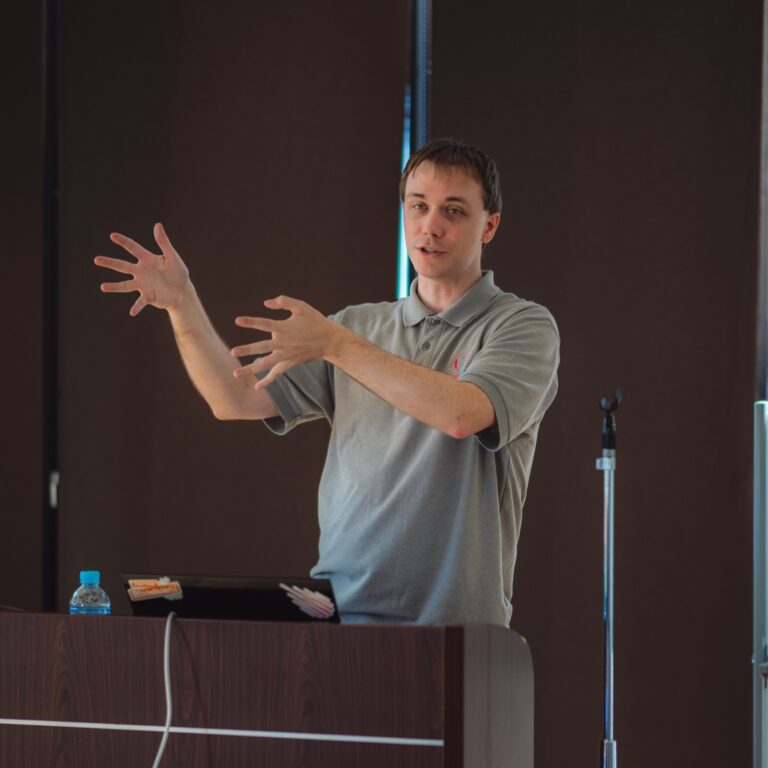
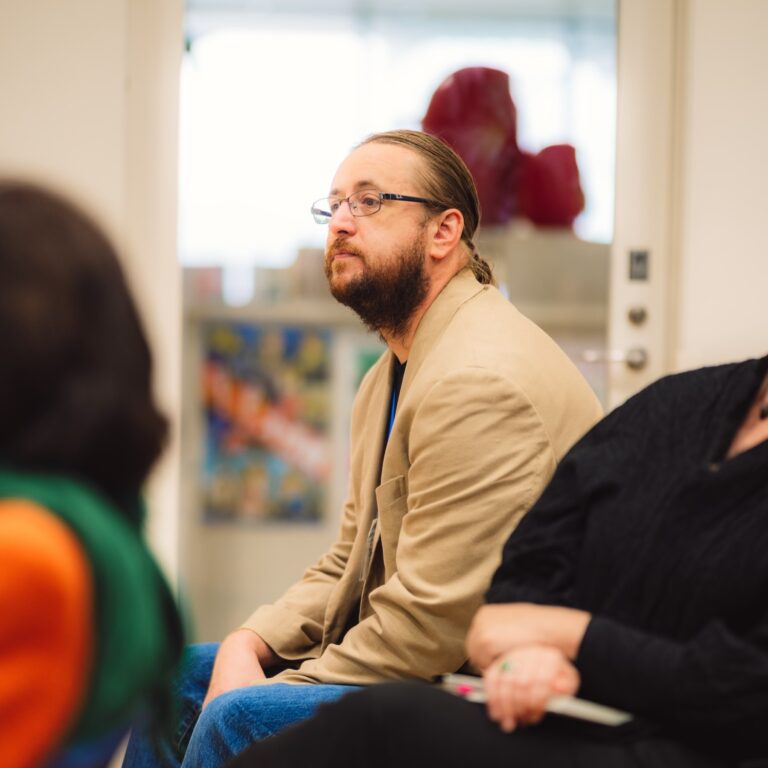


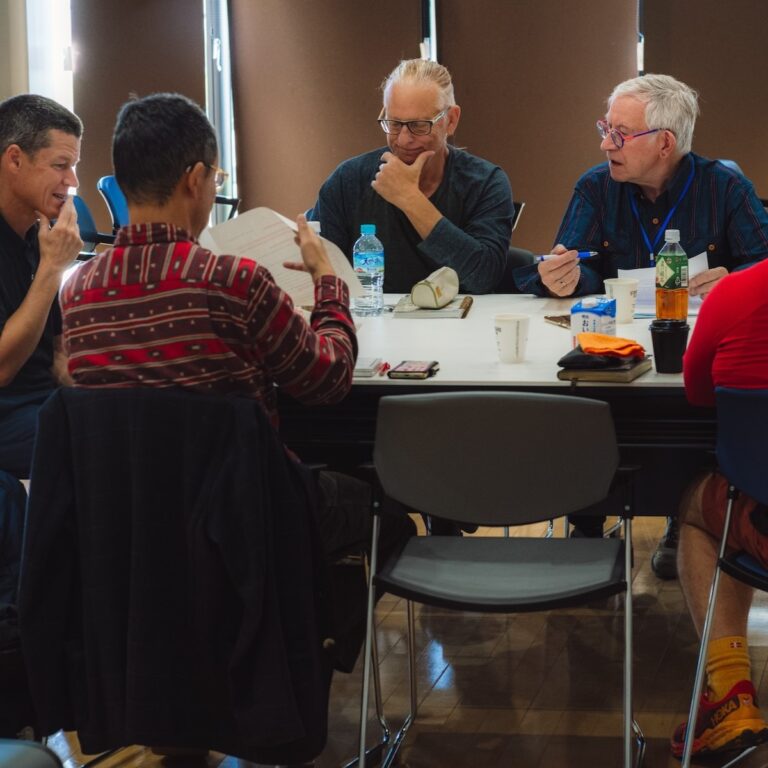

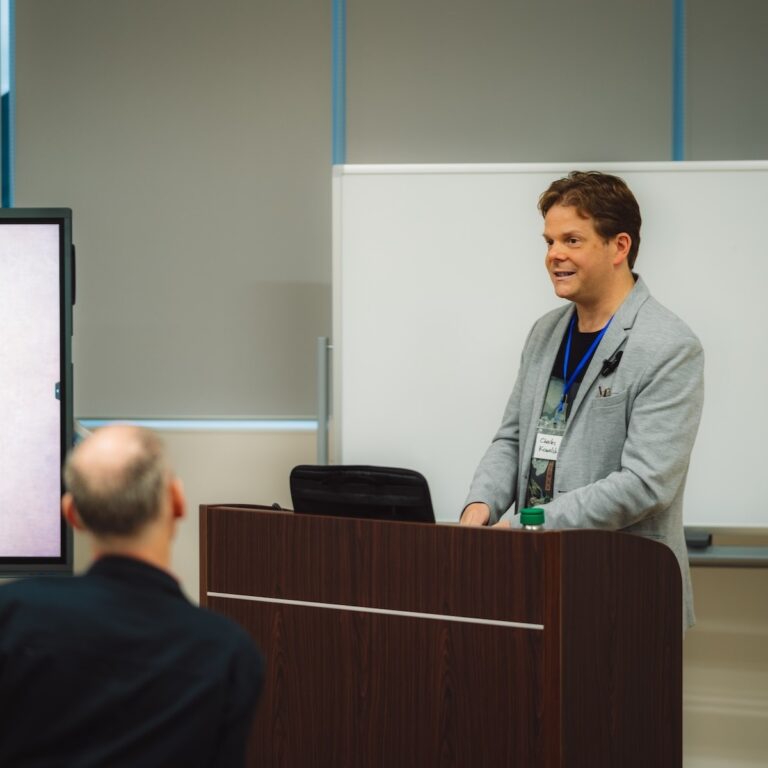
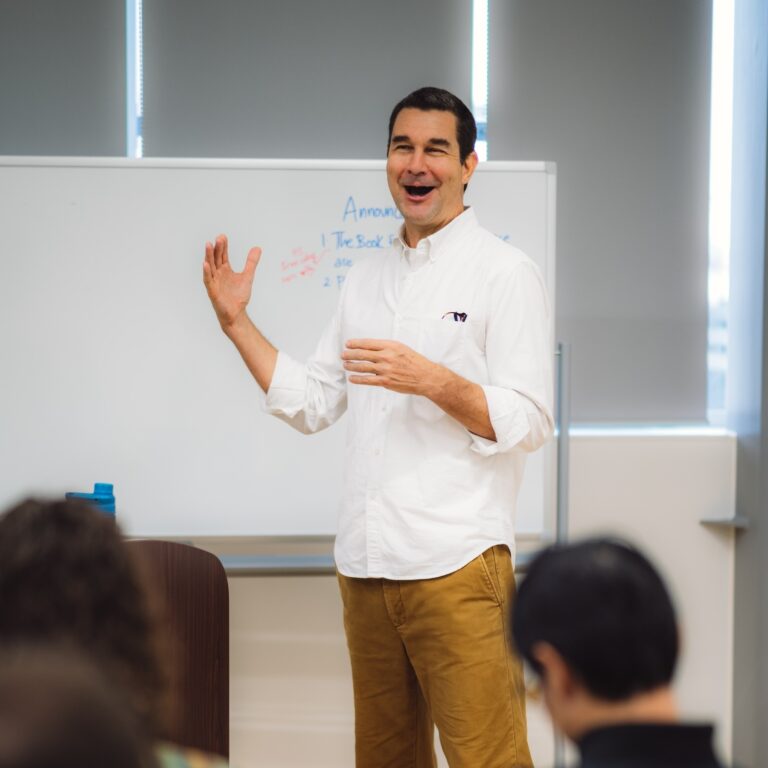
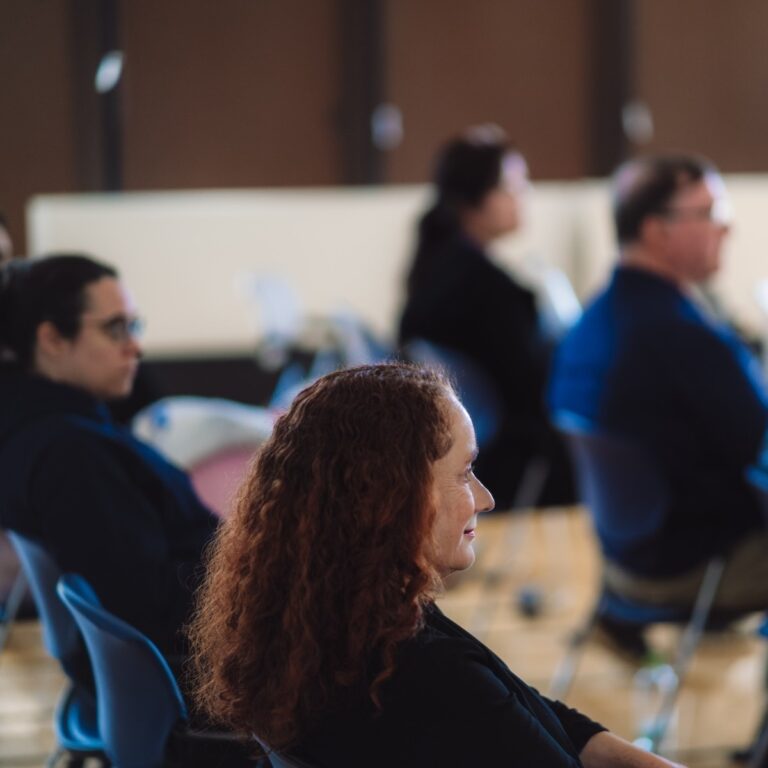
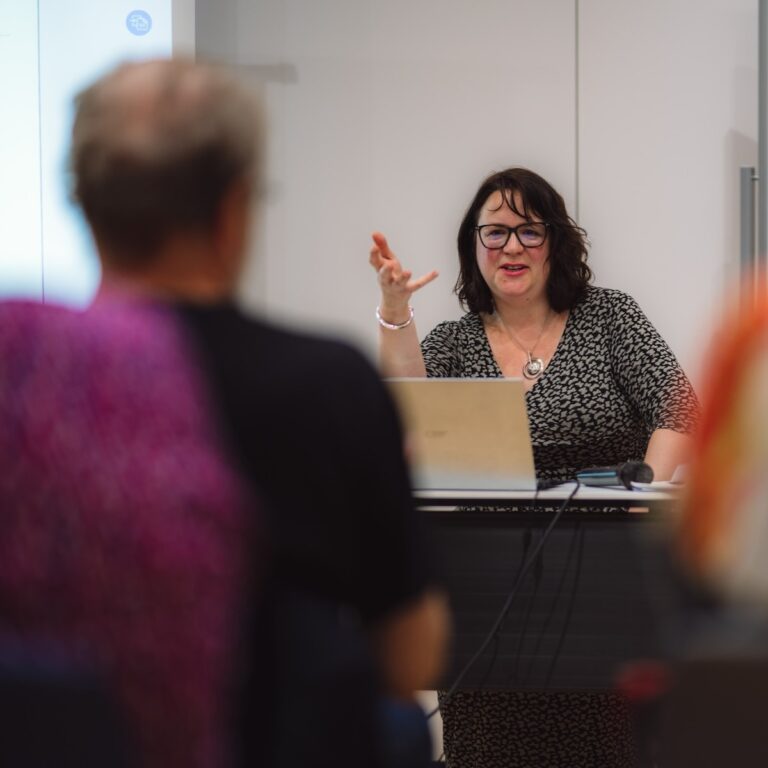
Past presenters include translator Juliet Winters Carpenter, Columnist Baye McNeil, YA writers Holly Thompson and Suzanne Kamata, science writers Amanda Alvarez and Elizabeth Tracker, journalist Elaine Lies, poet Jessica Goodfellow, poet/editors Phillip Rowland and Richard Jones, creative nonfiction writer Ann Tashi Slater, and novelists Barry Eisler, Naomi Hirahara, and Vikas Swarup; journals and publishers include The Font, Cha, Kyoto Journal, Fine Line Press, and Isobar Press.
Click here to see our YouTube videos.
